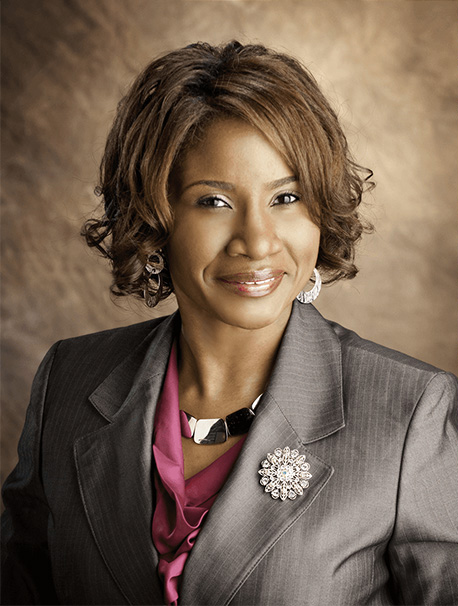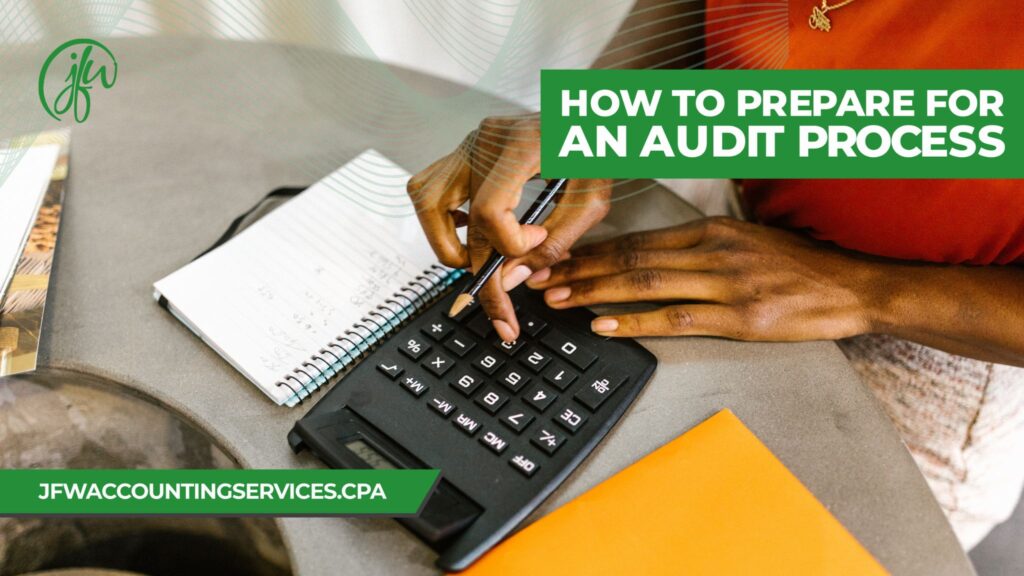Most organizations strive to avoid a nonprofit audit, but the fact is sometimes you can’t or shouldn’t avoid having a financial audit of your nonprofit organization done. In this article, we discuss nonprofit audit best practices and explain some helpful information to help you prepare for your next nonprofit audit.
The Nonprofit Audit Basics
A nonprofit accounting audit is a detailed review of a nonprofit organization’s financial statements, accounting records, accounting procedures, and internal controls. An audit can be done internally to improve processes and procedures, but most often a formal accounting audit occurs when a third-party auditor or auditing firm performs the review.
Types Of Nonprofit Audits
The term audit can be used to describe any examination of records or processes. Most people associate an audit with the IRS. While the IRS has the right to perform a field audit or a correspondence audit on a nonprofit, it is more common for an organization to experience one of the following types of audits.
Internal Audit
An internal audit is a review completed by the nonprofit’s management, board members, or key employees. The reason most organizations undergo an internal audit is to improve processes and procedures and increase efficiency in operations.
External Audit
An external nonprofit audit is used when an organization or third-party agency agrees to review the internal controls and financial processes. Most often external audits are completed by independent auditors for the purpose of complying with a granting agency, regulation, lender, or internal concern.
Financial Audit
A financial audit examines the financial statements produced by your organization. In this type of audit, the auditor will review reporting procedures at the organization, the internal controls in place, and evaluate the risks for fraud, theft, or loss.
Compliance Audit
A compliance audit is a preferred way to evaluate a nonprofit’s compliance with federal, state, or local government regulations. Some organizations undergo a compliance audit to confirm they are following the processes and guidelines set by the nonprofit’s board policies.
Operations Audit
An operational audit is typically used internally to evaluate the nonprofit’s systems including staffing policies, daily operations, technology, human resource procedures, and other aspects of operations.
Do You Need An Audit?
Most small nonprofit organizations that operate out of one primary location will never be required to undergo a formal financial audit, but that doesn’t mean the organization isn’t required to or can’t benefit from an audit for any of the following reasons.
Federal Funding
All nonprofit organizations that are federally funded and expend more than $750,000 in federal funds annually are required to have an independent financial audit.
Bylaws
Check the bylaws created by the founder or board members of your organization. Some nonprofits have written instructions about the frequency and types of audits to be performed.
State Regulations
The state your organization operates in grants your nonprofit status and some states may require a financial audit depending on their revenue. Review the nonprofit compliance requirements by state to determine if this rule applies to your nonprofit.
Grant Eligibility
When searching for grants for your organization, you may notice that some granting agencies require an audit or proof of adequate financial management.
Audit Preparation Checklist
If you’ve determined that your organization needs, or can benefit from, a nonprofit audit, you may be wondering how to get started. Audits performed by independent auditors or firms can be time-consuming and costly, but you can reduce the stress of the process by preparing as many items as possible on the following checklist.
Assemble An Audit Committee
An audit committee is a team of employees or volunteers assembled to manage the oversight of financial statements and included disclosures, auditing policies and preparation, and internal controls.
Select An Auditing Firm
Choosing an independent auditor or firm to conduct the audit can be a daunting process but begins with some initial research. The internal nonprofit audit committee can begin researching firms via a simple internet search or by asking for a reference from a nonprofit accounting service. Once the search has been narrowed down, the audit process begins when the nonprofit send an RFP to a few preferred firms.
Gather Documents
The most time-consuming part of nonprofit audit preparation can be gathering the necessary documents, but if the accounting and finance team works proactively to create and store the following documents it will considerably cut down on prep time.
- Bank statements and reconciliation reports
- Vendor ledgers and accounts payable reports
- Income statements, Balance sheets, Form 990
- Investment statements
- R.E. Tax statements
- Program descriptions
- Revenue reports including details about grants and fundraising activities
- Payroll reports
Review Reports
At the conclusion of your nonprofit audit, your organization will receive a letter to management, which can be used as a guideline to improve processes going forward. The management letter will contain material internal control issues and operating inefficiencies. The report will list adjustments that need to be made for future, and sometimes past, years.
Bottom Line
The purpose of a nonprofit audit is to help your organization operate more efficiently. While the alert of a scheduled audit sounds intimidating, just follow the steps outlined in this checklist. An audit can produce constructive feedback that can increase the productivity of your nonprofit and help you reach your goals.
Start preparing now! Call JFW Accounting Services for all your nonprofit audit needs.

Jo-Anne Williams Barnes, is a Certified Public Accountant (CPA) and Chartered Global Management Accountant (CGMA) holding a Master’s of Science in Accounting (MSA) and a Master’s in Business Administration (MBA). Additionally, she holds a Bachelor of Science (BS) in Accounting from the University of Baltimore and is a seasoned accounting professional with several years of experience in the field of managing financial records for non-profits, small, medium, and large businesses. Jo-Anne is a certified Sage Intacct Accounting and Implementation Specialist, a certified QuickBooks ProAdvisor, an AICPA Not-for-Profit Certificate II holder, and Standard for Excellence Licensed Consultant. Additionally, Jo-Anne is a member of American Institute of Certified Public Accountant (AICPA), Maryland Association of Certified Public Accountants (MACPA), and Greater Washington Society of Certified Public Accountants (GWSCPA) where she continues to keep abreast on the latest industry trends and changes.

